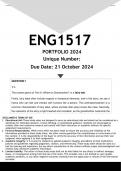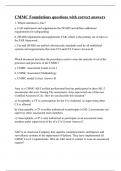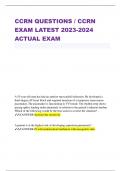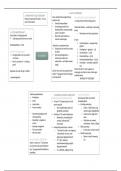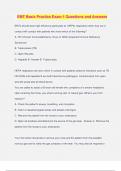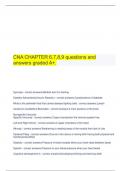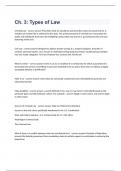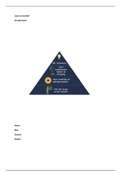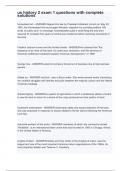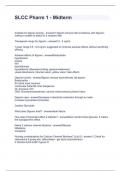Exam (elaborations)
ENG1517 PORTFOLIO (ANSWERS) 2024 - DISTINCTION GUARANTEED
- Course
- Institution
- Book
Well-structured ENG1517 PORTFOLIO (ANSWERS) 2024 - DISTINCTION GUARANTEED. (DETAILED ANSWERS - DISTINCTION GUARANTEED!)..... After you have read TEXT A, please answer Questions 1.1 to 1.5. TEXT A Where is Grandmother? Written by Robert Muponde Illustrated by Elizabeth Sparg Early one morning Duma ...
[Show more]
